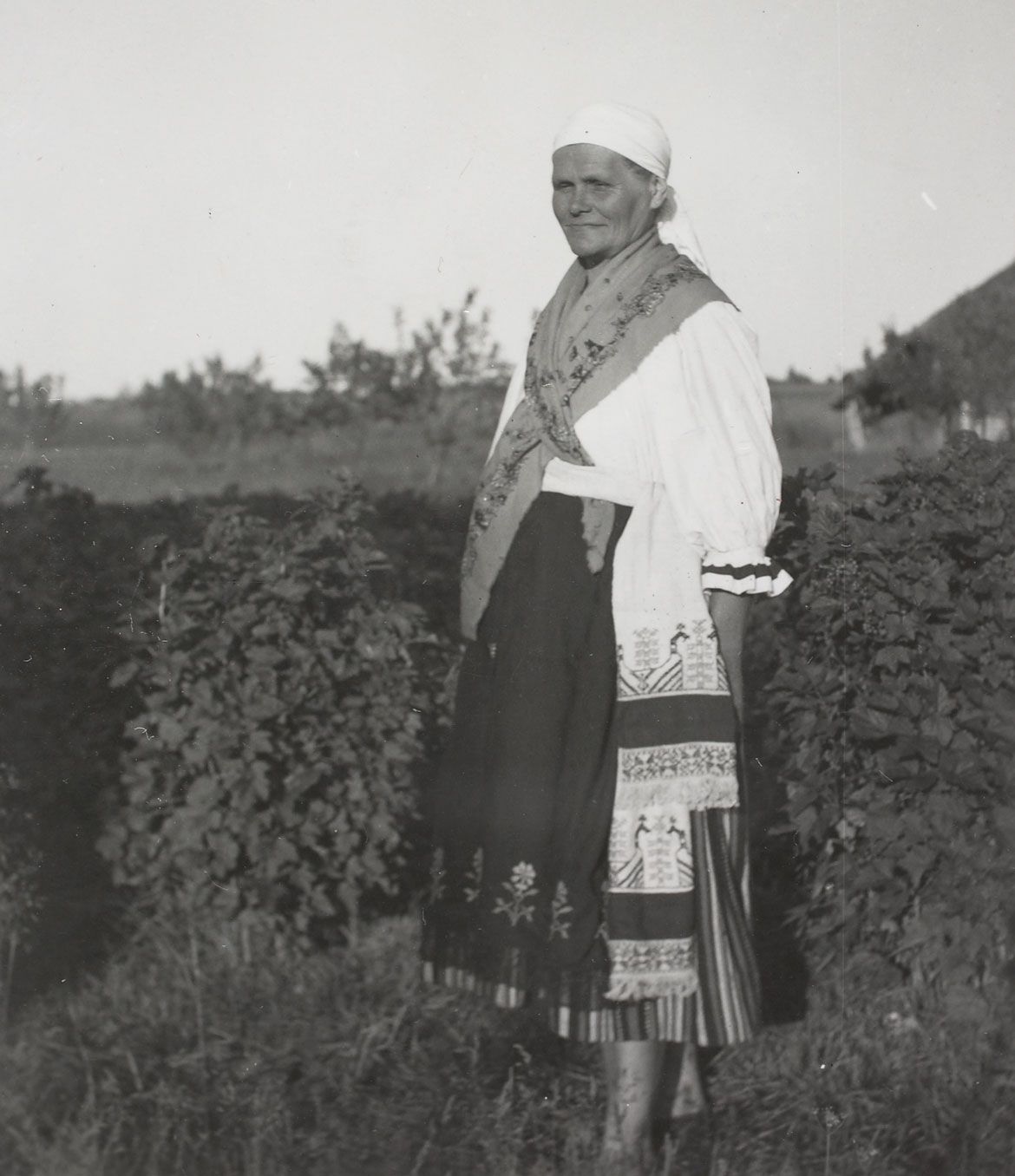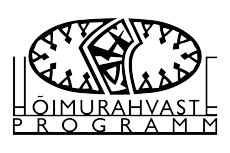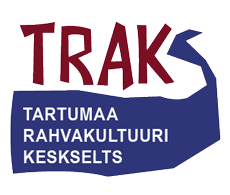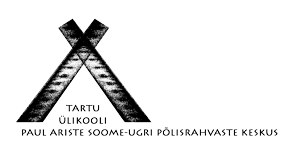Valpuri Vohta
Valpuri Vohta was born in 1888 in the Kallivere village. Her maternal grandmother Yulyana was from Lehmioja, near Soikola (Soikino), her mother Maria Lallo from the Arsiansaari (Arsija) village, and her father Andreas Orava from the Kallivere village. Valpuri, herself an Ingrian Finn, married Andreas Vohta and settled in the village of Vüötermaa. The family later moved to a settlement farm near Kallivere. The Vohtas had 12 children.
Valpuri’s mother knew many songs and her father had been a fine singer and dancer. She had learned wedding songs from her mother, grandmother and aunt. Valpuri herself was often a lead singer at weddings. She had served as a maid in Jõgõperä (Krakolye) village for three years and had learned to speak some Votian. To the folklorists she also sang some songs that she learned from the Orthodox people, primarily Ingrians. In 1936, Vohta visited an agricultural fair in Tallinn, Estonia, and performed there also on the 1937 recording session with Ingrian women.
Finnish folklorists describe Valpuri Vohta as an impulsive straightforward woman with a sharp mind, who got carried away during storytelling sessions. Reportedly, she was not very reverential towards religion and her stories were politically rather audacious. She was very friendly and welcoming towards folklore collectors.
Kallio 2013.
Songs:

Ingrian folk singer Valpuri Vohta wearing traditional Ingrian-Finnish clothing in Metsapalu farm, Kalliviere village. Photo: I. Kaldmaa, 1939 (ERM Fk 846:73).





